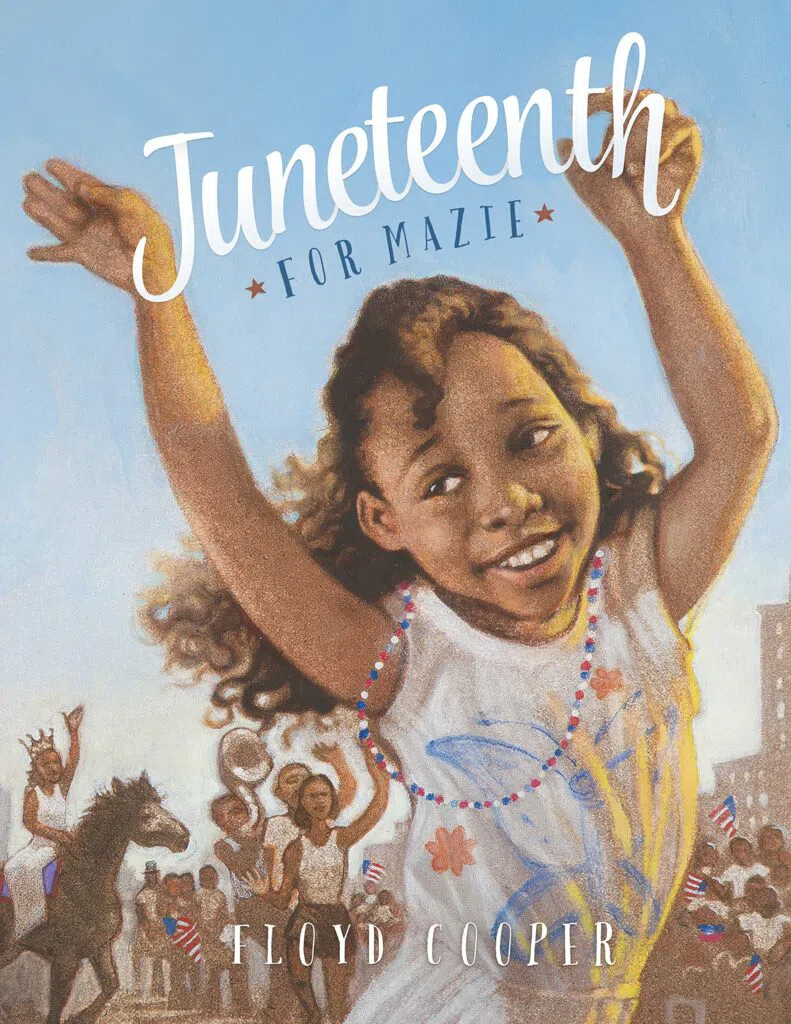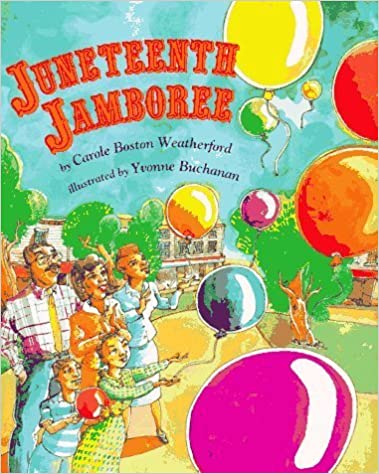Blog
Educating Ourselves to Educate Our Children on the Importance of Juneteenth
A Message on Juneteenth from Dr. Sharon L. McDaniel
The symbolism of the federal Juneteenth holiday is strong. It calls out the profound contribution of enslaved Black Americans and their role of equal authorship in the story of building a democracy unique to America, and globally in its role to promote and secure true human freedom.
However, while a strong symbol, the gains and progress for African Americans since emancipation in the United States have been minimal at best. The gaps in wealth, education, and health remain wide compared to white Americans. Further, African Americans have not been freed from the consequences of slavery. A “paid holiday” will not dismantle institutional and structural racism.
In celebration, we must recognize Juneteenth as another opportunity to educate all – with specific intent toward white Americans – that racial justice can only become a reality when we all acknowledge that African Americans continue to fight for equity to reap the benefits of true freedom, promised in a declaration that excluded them from the American story of, “Life, liberty and the pursuit of Happiness.” Only then can we truly heal as a nation in unity.
What is Juneteenth?
Juneteenth marks the day when federal troops arrived in Galveston, Texas in 1865 to take control of the state and ensure that all enslaved people be freed. While the Emancipation Proclamation freed enslaved people in Confederate states in 1863, it was not until two and a half years later that many Black people still held in bondage in Texas were told that the order had freed them.
Juneteenth is also known as “Liberation Day,” “Freedom Day,” “Emancipation Day,” or “Jubilee Day.” Commemorated by celebrations and traditions across the country, today, Juneteenth represents a day of shared struggle and pride for African Americans and a time for healing, growth, and progress in the United States. This progress was made evident last year when President Biden signed a bill officially recognizing Juneteenth as a federal holiday.
Teaching Children about Juneteenth
Though the first Juneteenth was observed in 1866, it has symbolized different things to different members of the Black community throughout the years and is an important milestone in American history to discuss with your children. As parents, grandparents, caregivers, and teachers, it is important that we share with children the cultural and historical significance of Juneteenth as a celebration of freedom for all African descendants in the United States. Many students and adults alike never learned about Juneteenth due to a national lack of culturally responsive curriculum and reading resources. Thus, this holiday also provides opportunities for parents and caregivers to use Juneteenth lessons for kids to disrupt patterns of oppression and marginalization today and embrace the promise of equity and freedom for people of all ethnic and racial backgrounds in this country.
While it may seem hard to discuss the history of slavery and significance of Juneteenth to children, there are many books, videos, and other kid-friendly resources to help make it an engaging and educational experience that helps them feel empowered to join in the celebration.
Children’s Books about Juneteenth
You can both educate and celebrate by reading books about Juneteenth and Black history for kids.


- Juneteenth for Mazie by Floyd Cooper.
- Sophie and Lelah Celebrate Juneteenth by L. Monique Gonzalez.
- Juneteenth Jamboree by Carole Boston Weatherford.
- All Different Now: Juneteenth, the First Day of Freedom by Angela Johnson.
- Little Leaders: Bold Women in Black History or Little Leaders: Exceptional Men in Black History from the Little Leaders series by Vashti Harrison.
- The 1619 Project: Born on the Water by Nikole Hannah-Jones and Renée Watson.
Kid-friendly Videos Explaining Juneteenth
Check out these engaging, easy-to-understand videos about Juneteenth for kids!
- What Is Juneteenth? Watch this cartoon with fun facts about Juneteenth from FresBerg Cartoon.
- Juneteenth: PBS Kids offers this video all about the holiday.
- What Is Juneteenth and Why Do We Celebrate? Check out this informative video from BrainPOP.
Fun Activities to Add to the Celebration
Make Juneteenth fun and educational for children by activities to:
- Listen: African American folk tales and songs.
- Explore: Records of the Freedman’s Bureau.
- Enjoy: Special meal with loved ones.
- Create: A Juneteenth flag.
Commemorating Juneteenth through educational family activities can be impactful and create new traditions for children to pass down generations. It is all our responsibility to ensure children understand its significance and history to continue the fight towards true freedom, belonging, and justice for all Americans!